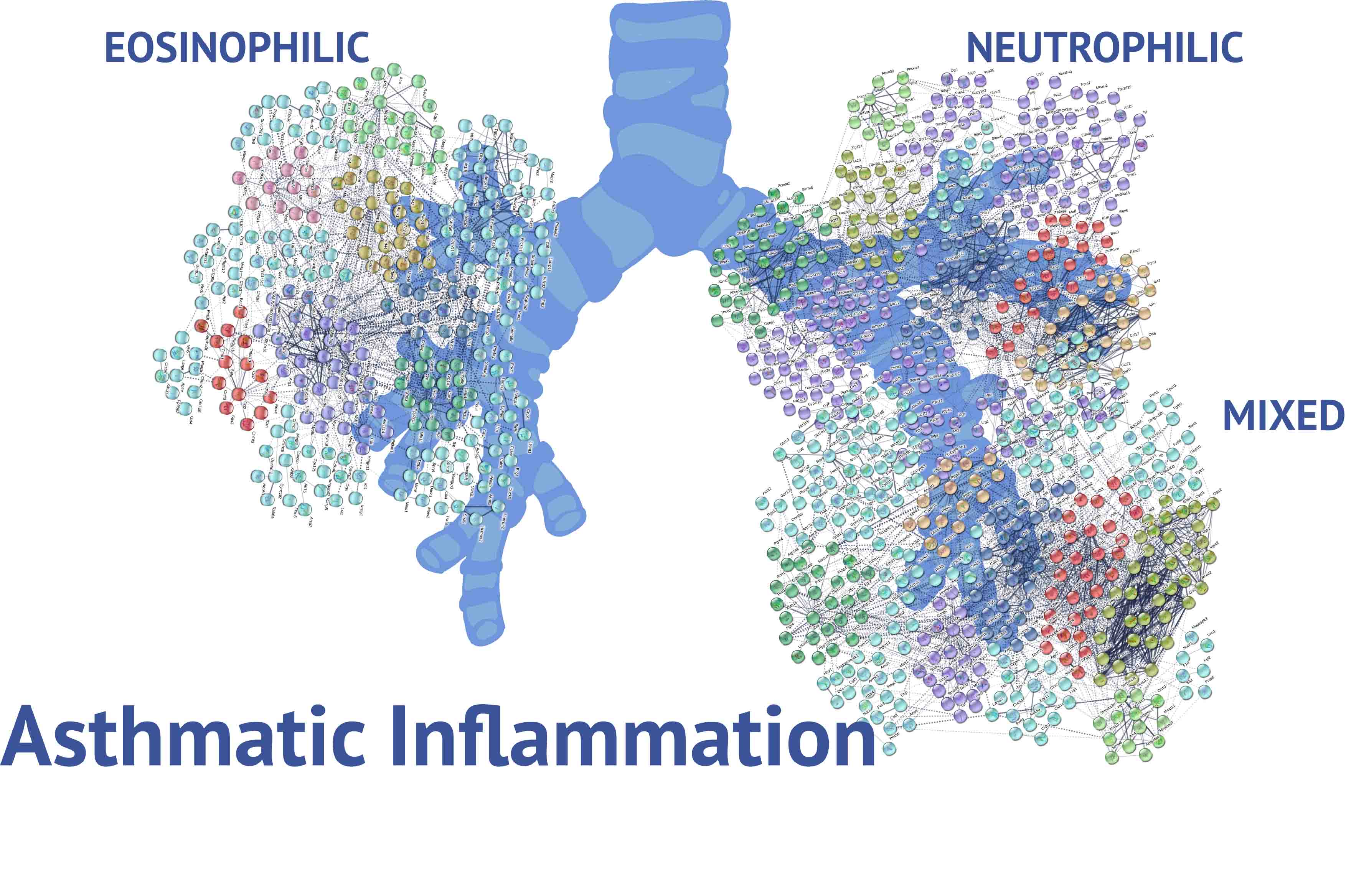Immune Metabolism

Immune Metabolism
Due to environmental and lifestyle changes, there is an increasing frequency of allergies and respiratory viral and bacterial infections. This further leads to an increase in the prevalence of asthma, rhinitis, food allergy and atopic dermatitis. It is still not well understood why the same substances are leading to the development of allergic inflammation in some people, while being well tolerated by others. Several reasons are postulated, such as lack of proper microbiome stimulation early in life, recurrent viral infections with common respiratory viruses and exposure to environmental pollutants. In addition, central metabolic disorders such as obesity or even an unhealthy diet itself also influence the proper regulation of immune responses. All of those factors impact the proper cross-talk between innate and the adaptive immunity responses on the metabolic level.
Immune cell needs to engage in a wide array of energetically demanding intracellular processes in order to respond to external stimuli, such as allergen, virus or bacteria. These processes encompass changing the expression of a large number of genes, translating proteins, synthesis of lipids, activation of intracellular signaling cascades, altering cytoskeleton, and as a result production of cytokines, lipid mediators and proliferation or migration. To be competent to perform all those duties, the cell needs active metabolic processes, shifting nutrients into different pathways-a process called metabolic reprogramming. The role of immunometabolism in the development of allergy and asthma is not well understood.
Our group applies high throughput transcriptomic, proteomic, metabolomic and lipidomic methods at the single cell level, coupled with gene editing, multi-color flow cytometry and confocal microscopy to understand metabolic reprogramming of epithelial cells and T cells in response to allergen or respiratory viruses.
Publications

